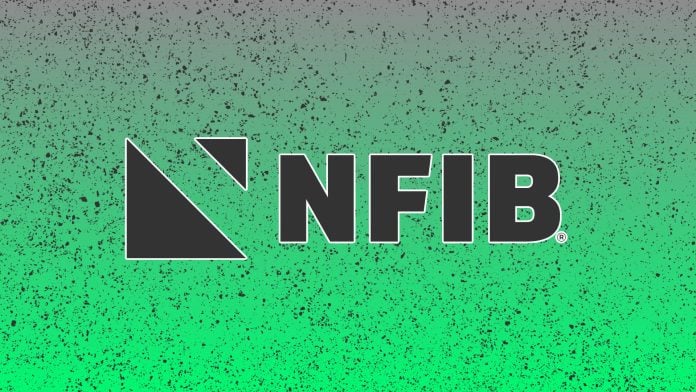In a stark reminder of the perils of fraudulent activity during challenging economic times, Lisa Evans, a 43-year-old from Olive Branch, Mississippi, has been sentenced to 18 months in federal prison for defrauding the Paycheck Protection Program (PPP) of over $5 million. This case underscores the significance of integrity and compliance for small business owners navigating federal relief programs intended to support them during the COVID-19 pandemic.
According to the announcement made by Joseph C. Murphy, Jr., Interim United States Attorney for the Western District of Tennessee, Evans submitted numerous fraudulent loan applications on behalf of individuals not entitled to the PPP loans. These applications featured fabricated federal tax documents, allowing her to secure loans that collectively resulted in a staggering loss of $5,126,258 to the program. Following the loan approval, the recipients of these funds were reportedly required to pay Evans kickbacks amounting to 20 to 30%, demonstrating the elaborate nature of the scheme.
Evans’ sentence was handed down on September 11, 2025, by United States District Judge Thomas L. Parker, who also mandated that she pay $4,400,723 in restitution to the U.S. Small Business Administration (SBA). Such financial repercussions can serve as a cautionary tale for small business owners who rely on these critical funds for their operational survival.
The investigation that led to this conviction involved multiple federal agencies, including the Federal Housing Finance Agency Office of Inspector General, the Federal Deposit Insurance Corporation Office of Inspector General, and the U.S. Treasury Inspector General for Tax Administration. Their collaborative efforts reflect a broader commitment to ensuring the integrity of federal programs designed to aid struggling businesses.
For small business owners, this case highlights the importance of due diligence and vigilance when pursuing government loans. While these programs are designed to provide crucial support, they also come with responsibilities that demand transparency and accuracy in all financial disclosures. Mistakes—even unintentional ones—can lead to severe penalties, not just for individuals but for businesses as well.
Many small businesses were compelled to pivot and innovate rapidly as the pandemic unfolded. Understanding the ins and outs of programs like the PPP is crucial to ensure compliance with federal guidelines. Small business advocates stress the need for thorough documentation, and the importance of seeking professional assistance when navigating complex loan applications. By doing so, business owners can diminish the risk of inadvertent mistakes that could lead to severe legal implications.
While the vast majority of business owners are committed to following the rules, this case serves as a potent reminder of how unscrupulous individuals can exploit relief programs designed for honest entrepreneurs. For those operating in competitive markets, it’s essential to not only access available resources but also to prioritize ethical practices over short-term gains.
As many small business owners continue to recover from the pandemic’s economic impact, the insights from the Evans case resonate deeply. Staying informed about the mechanisms of federal programs, as well as the potential pitfalls connected to them, can safeguard businesses against the dangers of fraud—and against the fallout that can arise from the actions of a few bad actors.
Evans’ case concludes with her being under a three-year supervised release, a stipulation that underscores the judicial system’s commitment to preventing similar occurrences in the future. As Joseph C. Murphy, Jr. noted, "This case serves as a powerful reminder that the consequences for committing fraud against the PPP can be severe."
For small business owners, the takeaways are clear: prioritize accuracy in financial dealings, seek out resources that foster compliance, and remain vigilant against fraudulent schemes amidst a challenging economic landscape. The full details of Evans’ case and the broader implications for small businesses can be found in the original press release from the U.S. Small Business Administration here.
Image Via BizSugar



